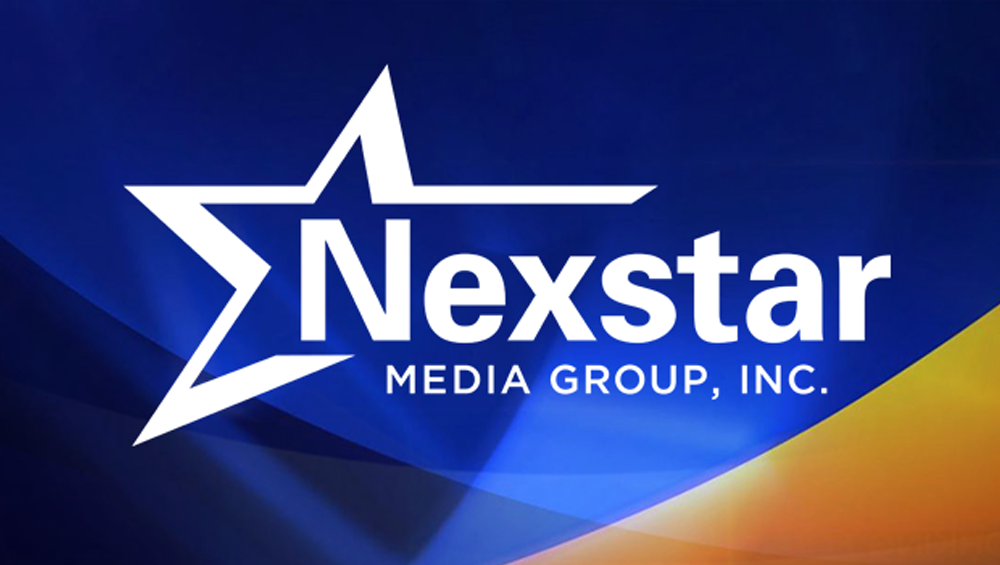
Nexstar Learns To Live Without Auto

With inflation dominating the headlines, investors are anxious to know whether media companies are seeing any advertiser pullback. But Nexstar President-COO Tom Carter told the 24th Annual Credit Suisse Communications Conference on Wednesday he doesn’t see that happening yet.
“It’s still about auto, or the lack thereof, from our perspective,” Carter said in an online video session. “We’re not seeing any sort of recovery in auto. As a matter of fact, it’s a little bit less robust, or a little bit more declination than we had thought. It’s not material from an overall perspective, but it’s just disappointing because I think we had somewhere between hoped and expected there to be at least a modest recovery on auto beginning in the middle part of this year — and we’re not seeing it.”
Looking ahead to “calm seas” and auto production normalizing, Credit Suisse analyst Doug Mitchelson wanted to know if auto will come back completely for TV advertising.
“I think it will come a large way back,” Carter said. “I don’t know if it will come all the way back. We’ve learned to live without it to a large degree. In 2019 it was 25% or 26% of our total advertising. Now it’s in the mid-teens and we’ve been able to replace some of that.
“Obviously, sports betting has been a great new category for us,” he added. “There has been additional improvement in government spending on advertising during the pandemic — and we’re still seeing some of that. We’re seeing tourism now as a recovering business. We’re seeing general entertainment, specifically in-person entertainment recovering.”
Broadcasters are seeing growth trends in the sports betting category as more and more states come onboard.
“In the first quarter the growth was really driven by new launches in New York, Louisiana and Illinois,” said Nexstar EVP-CFO Lee Ann Gilha. “We’re expecting to continue to see that. I think Ohio is going to come online in January of 2023, which is a big market for us. We’re in every market in Ohio except for Cincinnati. Three of our top five markets for sports betting dollars are markets that have been live for more than a year, so there is some level of continued maintenance.”
“Scale matters” is a line uttered for years by Nexstar CEO Perry Sook — and it was repeated Wednesday by Carter. He said the past couple of quarters have begun to demonstrate the value of Nexstar’s acquisition of the Tribune stations. With the company’s history of acquisitions, Mitchelson wanted to know about current M&A interest.
“First and foremost, it’s additional stations that would be close to our heart — and we’ve got capacity to do that in some of the markets where we have affiliates or there are other markets where there’s an opportunity from a regulatory perspective,” Gilha said.
Noting that Nexstar has a top 10 news distribution platform from the combination of its broadcast, digital and cable assets, Gilha said the company would be interested in complementary acquisitions.
“We’re going to do it with an eye to value creation for our shareholders,” she said. “And if you look back at our track record over time, the deals that have worked have created the most shareholder value. You see it in our stock price from Media General and Tribune. We hope to do that again going forward.”
Since Nexstar owns 31% of Food Network, with the rest held by what is now Warner Bros. Discovery, Mitchelson raised the question of whether there might be some assets at the newly merged company that Nexstar might be interested in. After all, there has long been speculation that Discovery would want to roll-up full ownership of Food Network.
In the long term, Carter said the merger of Discovery and WB makes it less likely that the split ownership continues forever, but for now the merger partners are busy with other things.
“But look, there are plenty of assets inside of Warner Bros. Discovery that could be of interest to us. And there potentially could be a tax-efficient way to move some of those assets around in exchange for our stake in the Food Network. It’s just that I don’t think that’s going to happen anytime soon because they’ve got more than they can say grace over right now,” Carter said.
With 55% of its MVPD subscriber deals coming up for renegotiation by the end of this year, Carter is predicting mid-teens growth in retrans revenue in 2023. That follows mid-single digits growth forecast for this year. “The bundle is still valuable,” Carter said of the deals with cable companies.
Meanwhile, Mitchelson wanted to know about the changing landscape of affiliation deals with the networks for Nexstar’s stations. Does the amount of network content now being offered on their streaming platforms come into play, he asked.
“We’ve been very clear with the networks that what we have historically paid for is exclusivity — whether it be sports or entertainment, anything,” Carter said. “Exclusivity has been important and that’s what has gotten the networks the types of affiliation agreement pricing increases that they have historically seen.
“With a marginalization of exclusivity, we’re pushing back and pushing back, I think, with the moral high ground that what we’re paying for is less exclusive and so we should be paying less for it,” he added. “Logic is on our side. Logic doesn’t necessarily always come into play in negotiations, but it’s a nice place to start.”
































Comments (0)